Home>Garden Essentials>How Long Does It Take Clover To Germinate
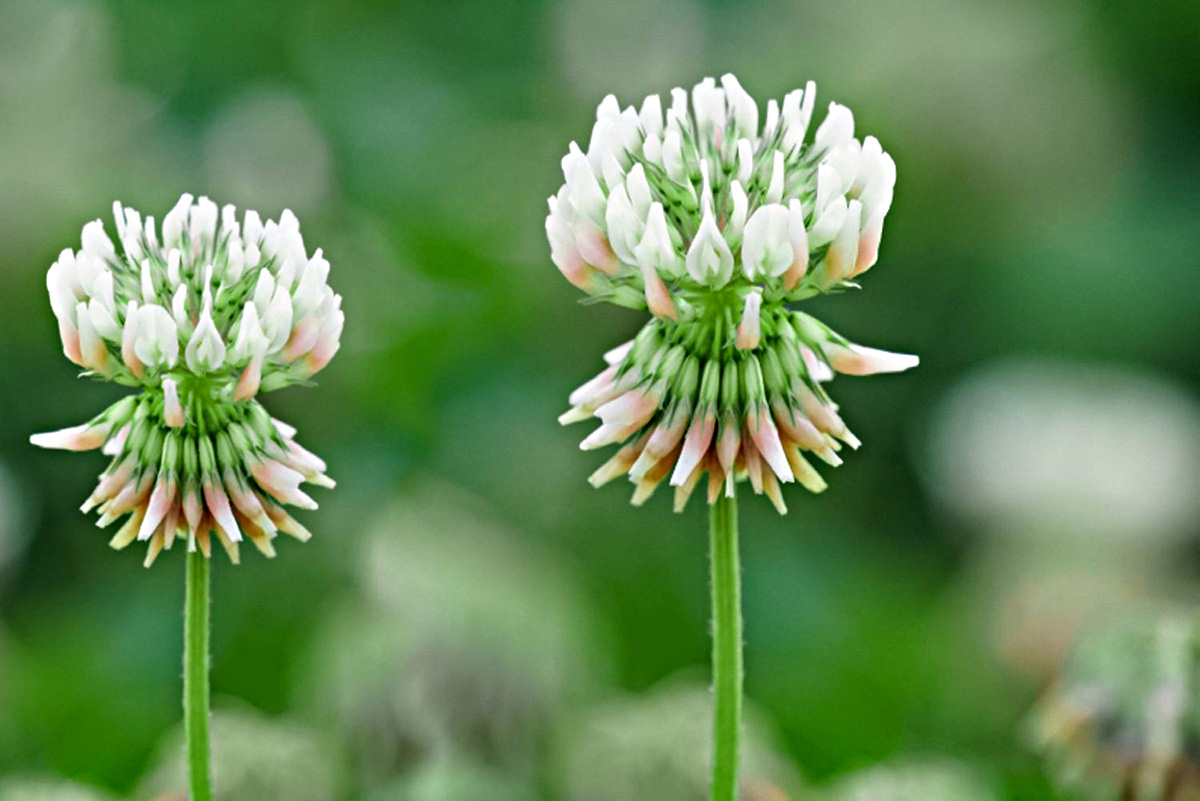

Garden Essentials
How Long Does It Take Clover To Germinate
Modified: March 15, 2024
Discover how long it takes for clover to germinate in your garden and get expert tips for successful cultivation.
(Many of the links in this article redirect to a specific reviewed product. Your purchase of these products through affiliate links helps to generate commission for Storables.com, at no extra cost. Learn more)
Introduction
Welcome to the world of gardening! Whether you are a seasoned gardener or just starting out, understanding the germination process of plants is essential for a successful harvest. In this article, we will be focusing on clover germination – how long it takes and what factors can influence the process.
Clover is a popular plant in gardens, fields, and landscapes due to its ability to fix nitrogen in the soil and provide numerous benefits to surrounding plants. Whether you’re growing clover as a cover crop, for forage, or simply for its beautiful blooms, knowing how long it takes for the seeds to germinate can help you plan and care for your plants effectively.
But before we dive into the timeframe for clover germination, let’s first understand the factors that can impact the process.
Key Takeaways:
- Clover seeds typically germinate within 7 to 14 days, but factors like temperature and seed quality can cause variations. Patience and proper care are key to successful germination.
- To help clover seeds germinate, provide optimal conditions like cool temperatures, proper moisture, and protection from pests. Following germination tips can increase the chances of success.
Factors Affecting Clover Germination
The germination of clover seeds can be influenced by various factors that determine the success rate and speed of the process. Understanding these factors will help you create the ideal conditions for optimal germination. Here are some key factors to consider:
- Seed Quality: The quality of the clover seeds you use plays a significant role in germination. It’s essential to source high-quality seeds from reputable suppliers to ensure better germination rates. Poor-quality seeds may have low viability and may not germinate as expected.
- Temperature: Temperature is a crucial factor in clover germination. Most clover varieties prefer cooler temperatures between 50-70°F (10-21°C) for optimal germination. Higher temperatures can inhibit germination, while colder temperatures can slow down the process or even prevent it entirely.
- Moisture: Adequate moisture is essential for seed germination. Clover seeds need consistent moisture levels throughout the germination process to sprout successfully. However, excess water can lead to rot or fungal diseases. Striking the right balance is key.
- Soil Conditions: The quality and composition of the soil also impact the germination of clover seeds. Clover prefers well-draining soil that retains moisture but doesn’t become waterlogged. Additionally, the pH level of the soil should be in the range of 6.0-7.0 for optimal germination and growth.
- Light Exposure: Unlike some plants, clover seeds do not require light to germinate. In fact, they prefer to be planted slightly deeper in the soil to ensure better moisture retention. Planting them at a depth of ¼ to ½ inch (0.6-1.3 cm) is recommended.
- Weed Competition: Weeds can compete with clover seeds for resources, including nutrients, sunlight, and moisture. It’s crucial to prepare the soil properly and remove any existing weeds before sowing clover seeds to give them the best chance to germinate and establish themselves.
Now that you understand the factors that influence clover germination, let’s explore the ideal conditions for successful seed sprouting and the timeframe you can expect.
Ideal Germination Conditions
Creating the ideal conditions for clover seed germination is essential to ensure optimal growth and development. Here are some key factors to consider when setting up the ideal environment:
- Temperature: As mentioned earlier, clover prefers cooler temperatures for germination. Aim for a temperature range of 50-70°F (10-21°C) to provide the optimal conditions for seed sprouting. This can be achieved by sowing the seeds during the appropriate season or utilizing techniques such as stratification to mimic the desired temperature range.
- Moisture: Adequate moisture is crucial for successful clover germination. Before sowing the seeds, ensure the soil is moist, but not waterlogged. It’s recommended to water the soil lightly before planting the seeds and maintain consistent moisture during the germination period.
- Soil Quality: Clover thrives in well-draining soil that is rich in organic matter. Prepare the soil by removing any debris or weeds and incorporating compost or well-rotted manure to improve its fertility and structure. Conduct a soil test to ensure the pH level is in the optimal range of 6.0-7.0.
- Light: Clover seeds do not require light to germinate, so you can sow them slightly deeper in the soil to ensure good moisture retention. However, once the seeds have germinated and the seedlings emerge, they will benefit from exposure to sunlight to fuel their growth.
- Protection from Pests: Take measures to protect the newly planted clover seeds from pests such as birds or small animals that may dig them up or feed on them. You can cover the area with netting or use scare tactics to deter pests.
By providing these ideal conditions, you’ll increase the chances of successful germination and establish a healthy clover crop.
Next, let’s explore the timeframe you can expect for clover seed germination.
Germination Timeframe for Clover Seeds
The germination timeframe for clover seeds can vary depending on various factors such as the specific clover variety, environmental conditions, and seed quality. On average, clover seeds typically germinate within 7 to 14 days after sowing.
It’s important to note that this is an approximate timeframe, and there can be variations based on the factors mentioned earlier. Some clover varieties may have a slightly shorter germination period, while others may take a bit longer to sprout.
Additionally, environmental conditions play a crucial role in determining the germination timeframe. If the temperature, moisture, and soil conditions are optimal, the seeds are more likely to germinate within the expected timeframe. However, if there are fluctuations in temperature or inadequate moisture, germination may be delayed or compromised.
Clover seeds are generally resilient and can tolerate a range of conditions, but providing the ideal environment can give them a better chance of germinating quickly and uniformly.
Now that you have a general idea of the germination timeframe for clover seeds, it’s important to understand that individual seedlings may emerge at slightly different rates. Some seeds may sprout earlier, while others may take a bit longer. This natural variation is normal and shouldn’t cause concern.
In the next section, we’ll discuss some of the factors that can contribute to variations in germination time.
Clover seeds typically germinate within 7-14 days when planted in well-draining soil and kept consistently moist. Adding a light layer of mulch can help retain moisture and improve germination rates.
Variations in Germination Time
While clover seeds generally germinate within 7 to 14 days, it’s important to note that there can be variations in the germination time. Several factors can contribute to these variations, including:
- Seed Variety: Different clover varieties have different characteristics, including their germination time. Some varieties may have a shorter germination period, sprouting within a week, while others may take longer. It’s important to note the specific characteristics of the clover variety you are planting and adjust your expectations accordingly.
- Seed Quality: The quality of the seeds you use can also impact the germination time. High-quality seeds from reputable sources tend to have better viability and germination rates, resulting in quicker and more uniform sprouting. Conversely, poor-quality seeds may have reduced germination rates and longer germination timeframes.
- Environmental Conditions: Environmental factors such as temperature, moisture, and light can influence the germination time. If the temperature is cooler than ideal or if moisture levels are inadequate, germination may be delayed. Similarly, if the seeds do not receive sufficient light, the germination process may take longer.
- Seed Treatment: Some gardeners choose to treat clover seeds before planting to enhance germination rates. Techniques such as scarification (mechanical seed coat abrasion) or stratification (exposing the seeds to cold temperatures) can alter the germination time. These treatments may speed up or slow down the process, depending on the specific technique used.
It’s important to be patient and give the clover seeds ample time to germinate. Variation in germination time is natural and expected. Be sure to follow proper planting techniques and provide the ideal conditions to encourage consistent and successful germination.
Germination Tips and Techniques
To increase the success rate and speed of clover seed germination, here are some valuable tips and techniques to keep in mind:
- Prepare the Soil: Before sowing clover seeds, prepare the soil by removing weeds, rocks, and debris. Loosen the soil to improve drainage and incorporate organic matter to enhance fertility. Conduct a soil test to ensure the pH level is within the optimal range of 6.0-7.0.
- Sow at the Right Depth: Sow the clover seeds at the recommended depth of ¼ to ½ inch (0.6-1.3 cm) in the soil. This depth allows for good moisture retention and protects the seeds from excessive light exposure.
- Provide Adequate Moisture: Water the soil lightly before sowing the seeds to ensure initial moisture. Throughout the germination process, maintain consistent moisture levels by watering gently. Avoid overwatering, as it can lead to seed rot or fungal diseases.
- Protect from Pests: Protect the newly planted seeds from pests such as birds or small animals that may disturb or feed on them. Cover the area with netting, use scare tactics, or install physical barriers to deter pests.
- Monitor and Maintain Temperature: Monitor the temperature of the planting area and ensure it is within the preferred range for clover germination. Use techniques such as stratification to mimic the desired temperature if necessary.
- Be Patient: Clover seeds can take some time to germinate, so be patient. Avoid disturbing the planting area or pulling up seeds prematurely. Give them the time they need to sprout and establish themselves.
- Thin Seedlings: If the clover seeds germinate densely, consider thinning them to provide adequate space for growth. Overcrowding can lead to competition for resources and hinder the development of healthy plants.
By following these tips and techniques, you can increase the chances of successful clover seed germination. Remember to pay attention to the specific recommendations for the clover variety you are planting, as different varieties may have unique requirements.
Now that you’re equipped with the knowledge of clover germination, you’re ready to embark on a successful gardening journey!
Conclusion
Understanding the germination process of clover seeds is crucial for any gardener or enthusiast looking to grow this versatile plant. By considering the factors that influence germination, creating ideal conditions, and implementing effective techniques, you can significantly increase the success rate and speed of clover seed germination.
Factors such as seed quality, temperature, moisture, soil conditions, and weed competition all play a role in determining how long it takes for clover seeds to germinate. By sourcing high-quality seeds, providing the right temperature and moisture levels, preparing the soil properly, and managing weed competition, you can create an environment conducive to successful germination.
While clover seeds typically germinate within 7 to 14 days, variations can occur based on seed variety, seed quality, environmental conditions, and seed treatment. Understanding these variations and being patient throughout the germination process is essential.
By following germination tips and techniques such as preparing the soil, sowing at the right depth, providing adequate moisture, protecting from pests, monitoring and maintaining temperature, and being patient, you can increase the chances of successful clover seed germination.
In conclusion, growing clover from seeds can be a rewarding experience. Whether you’re using it as a cover crop, for forage, or simply to enjoy its vibrant blooms, understanding the germination process and implementing the right strategies will help you achieve optimal results.
Now, armed with this knowledge, it’s time to get your hands dirty and start sowing those clover seeds. May your gardens be filled with lush and vibrant clover plants!
Frequently Asked Questions about How Long Does It Take Clover To Germinate
Was this page helpful?
At Storables.com, we guarantee accurate and reliable information. Our content, validated by Expert Board Contributors, is crafted following stringent Editorial Policies. We're committed to providing you with well-researched, expert-backed insights for all your informational needs.
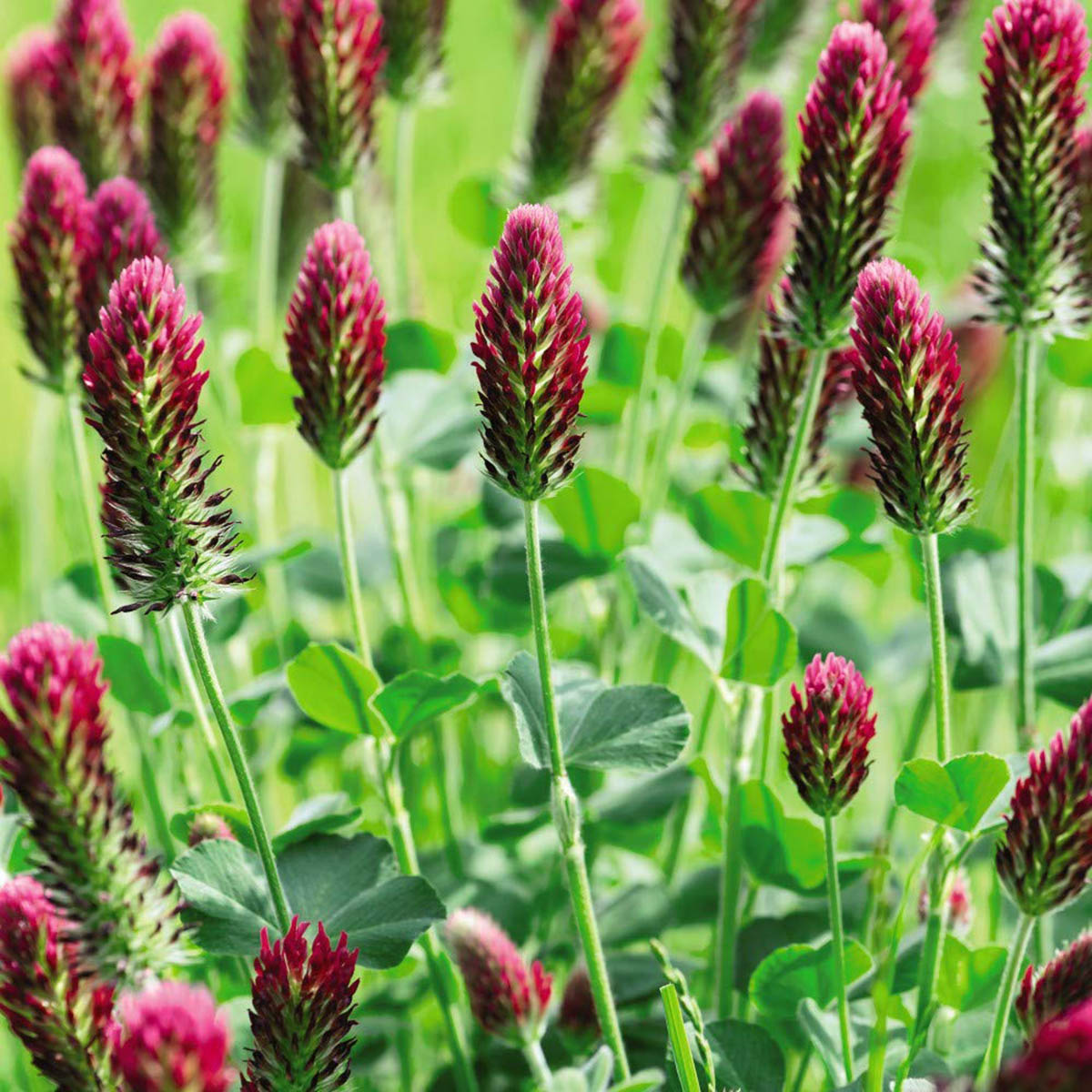
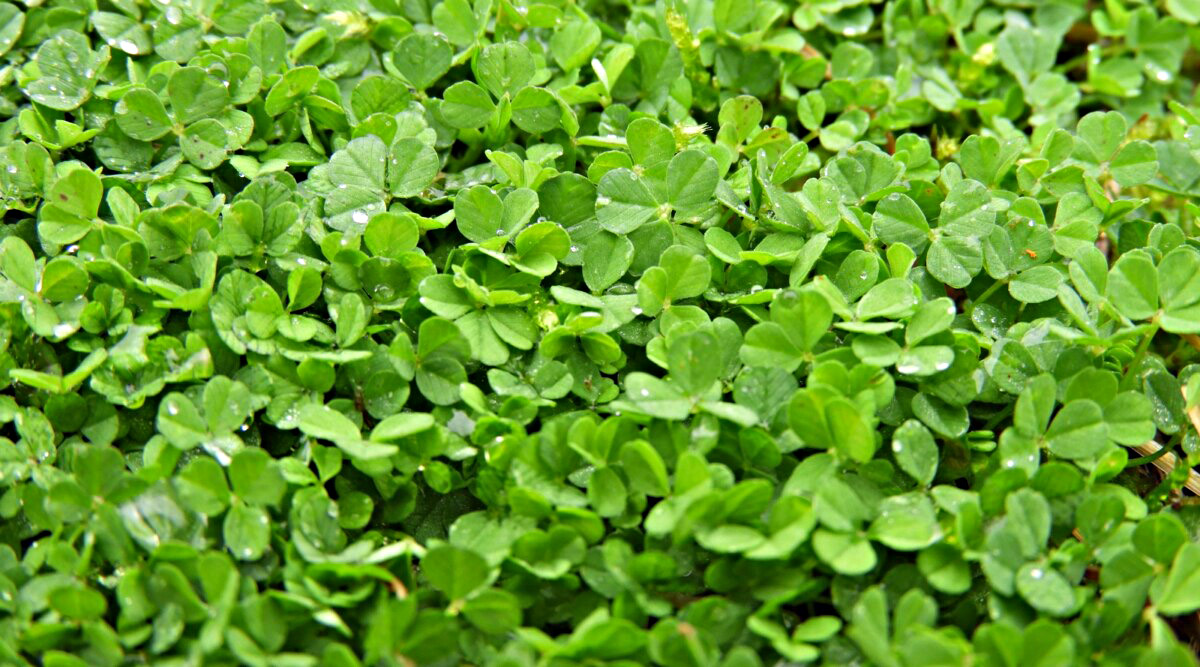
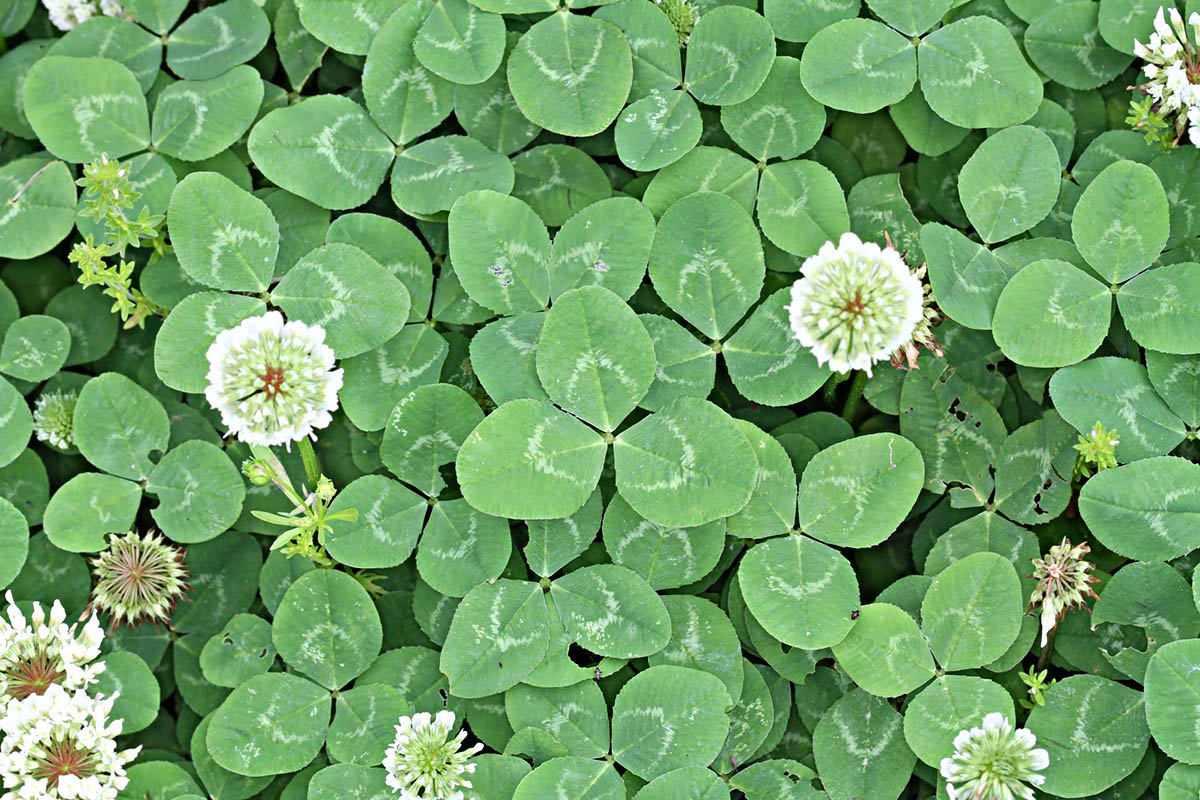
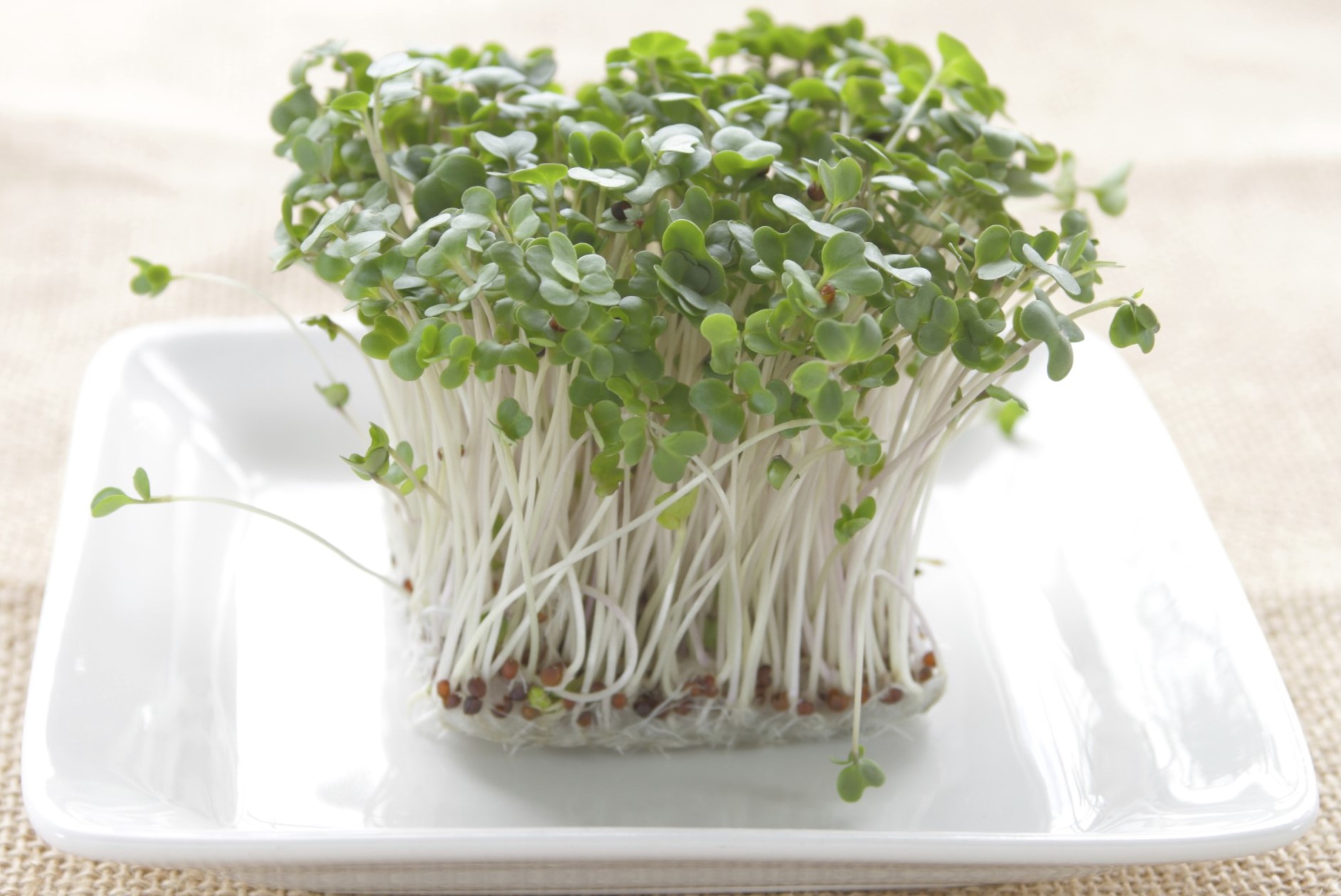
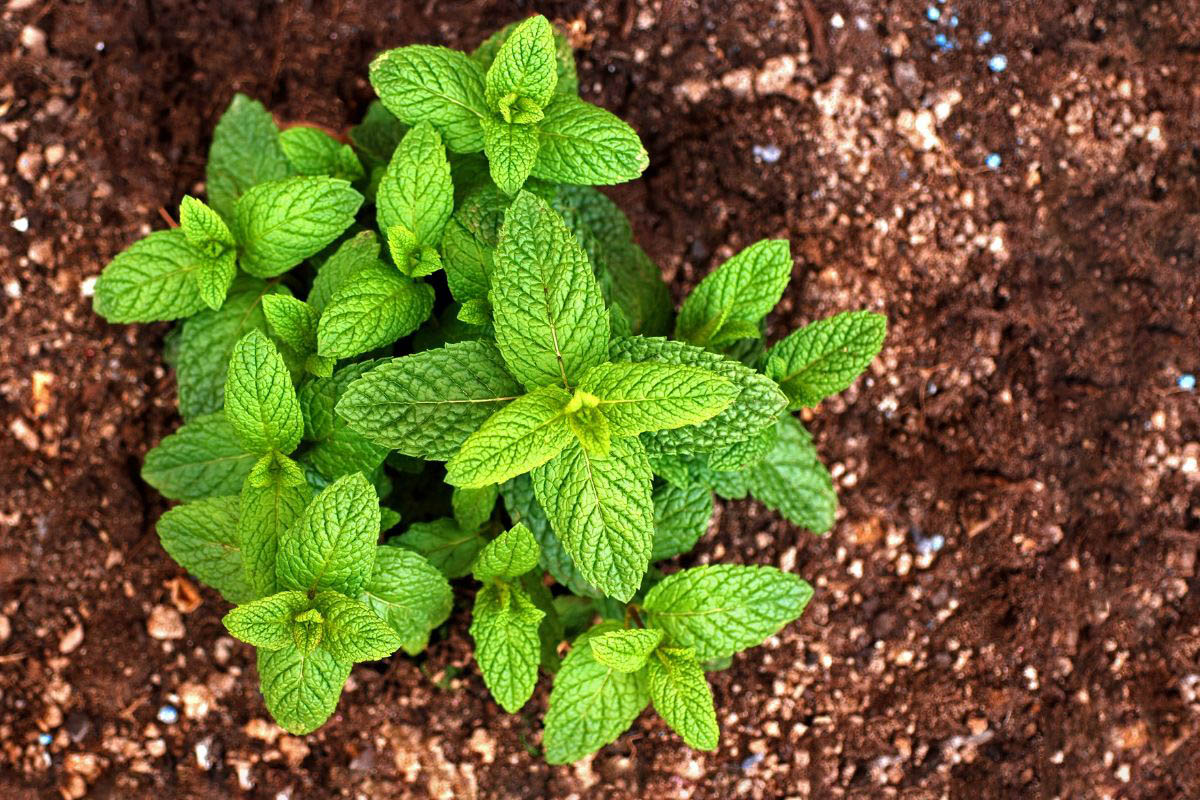
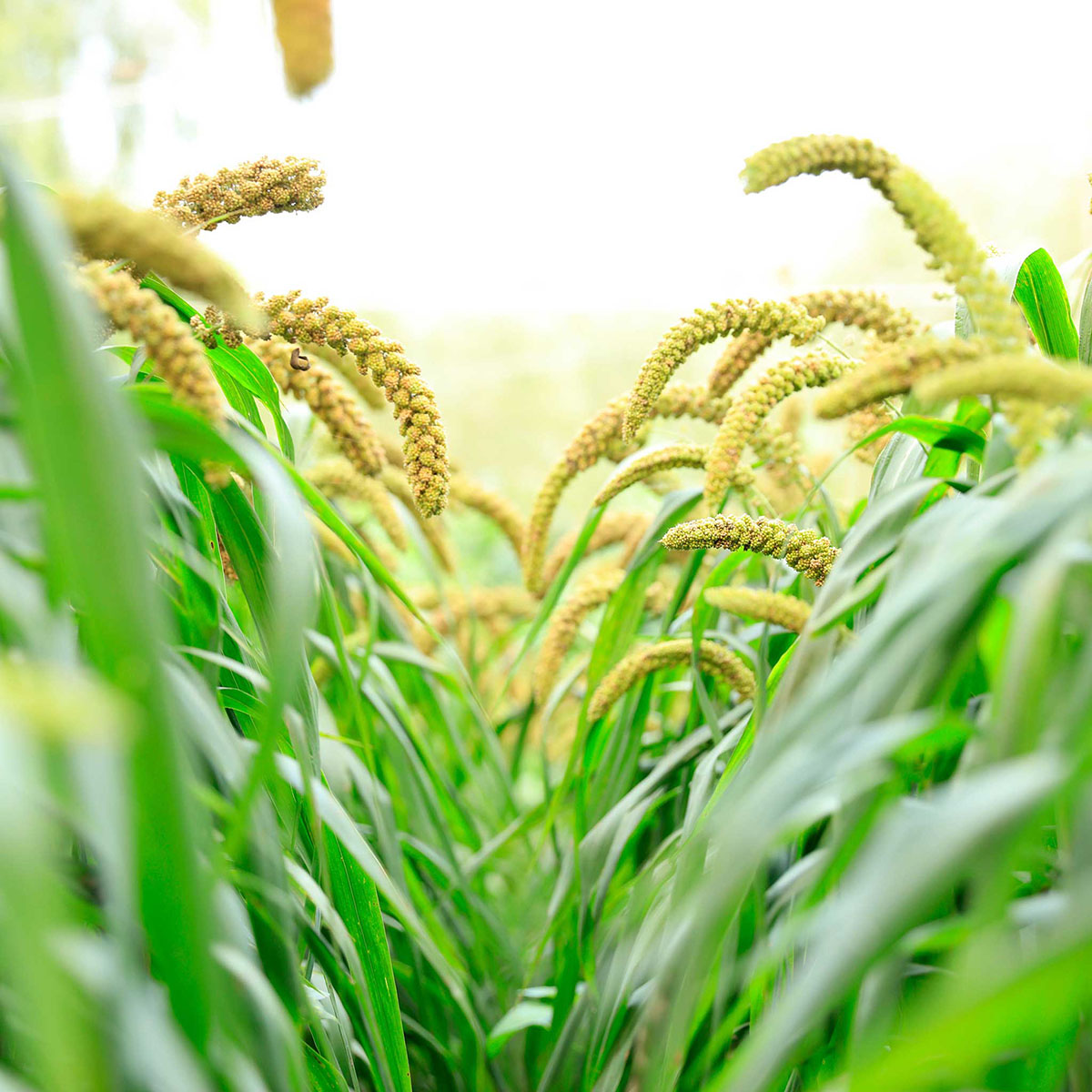
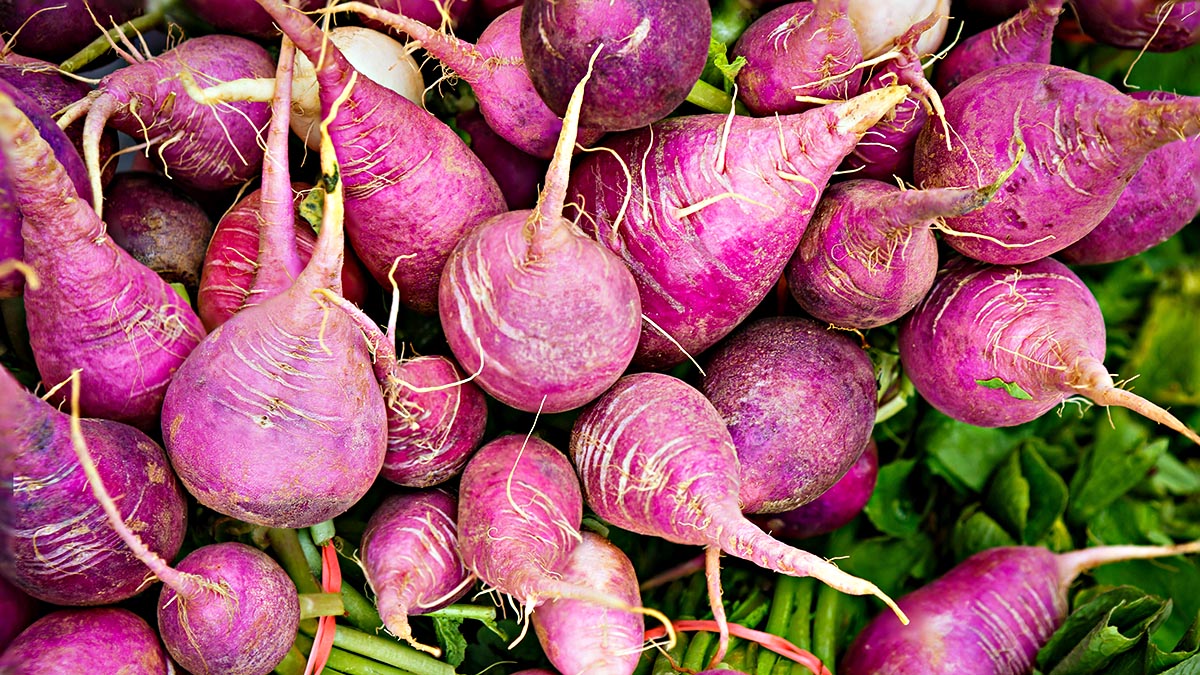

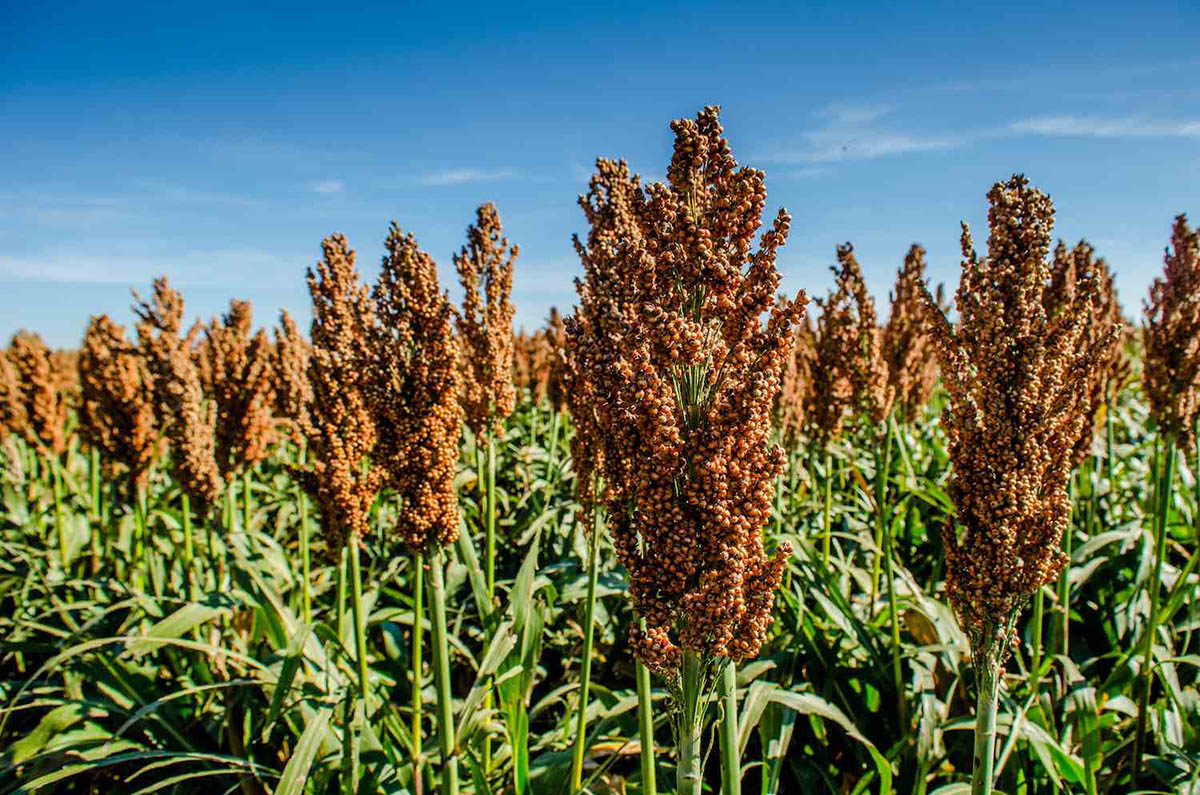
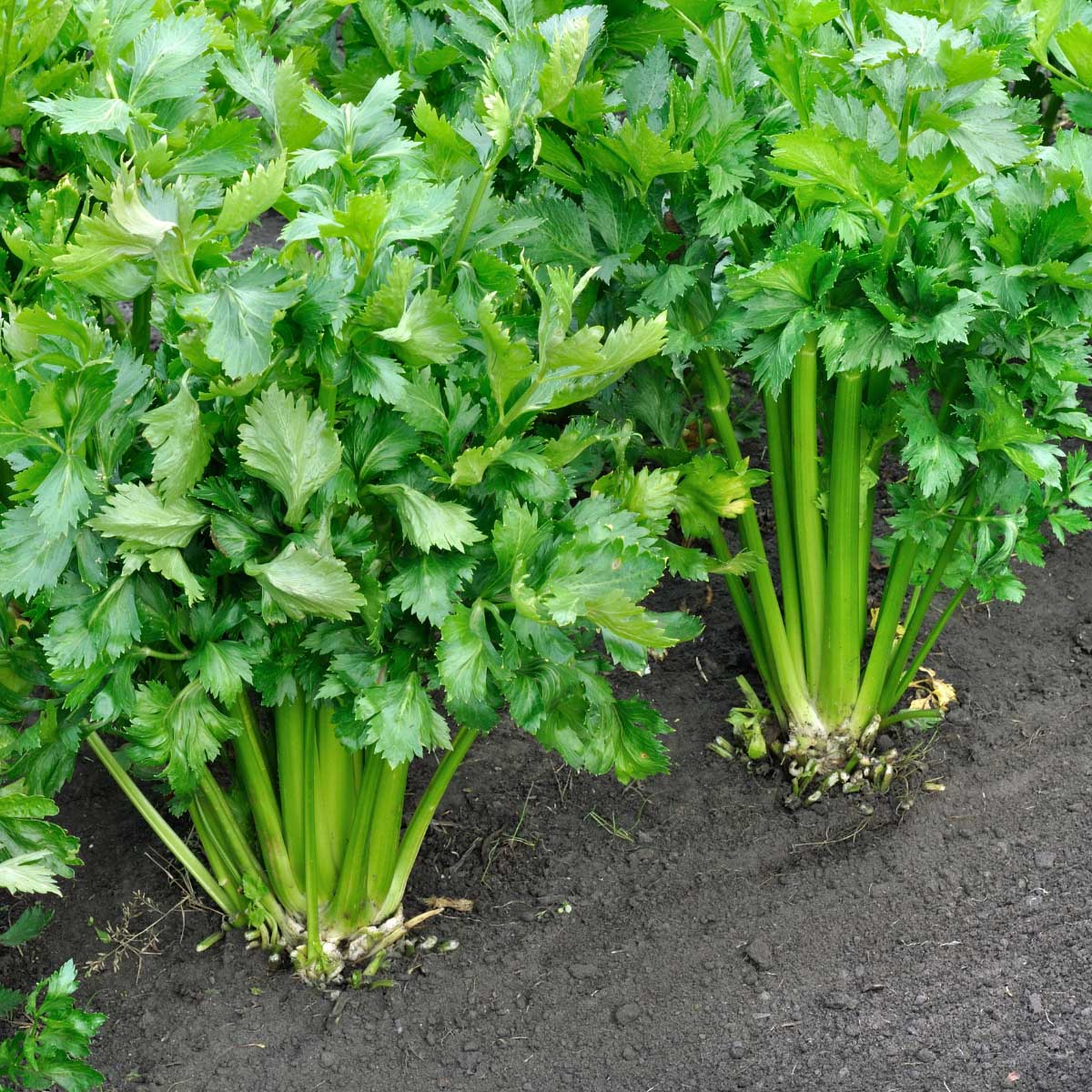
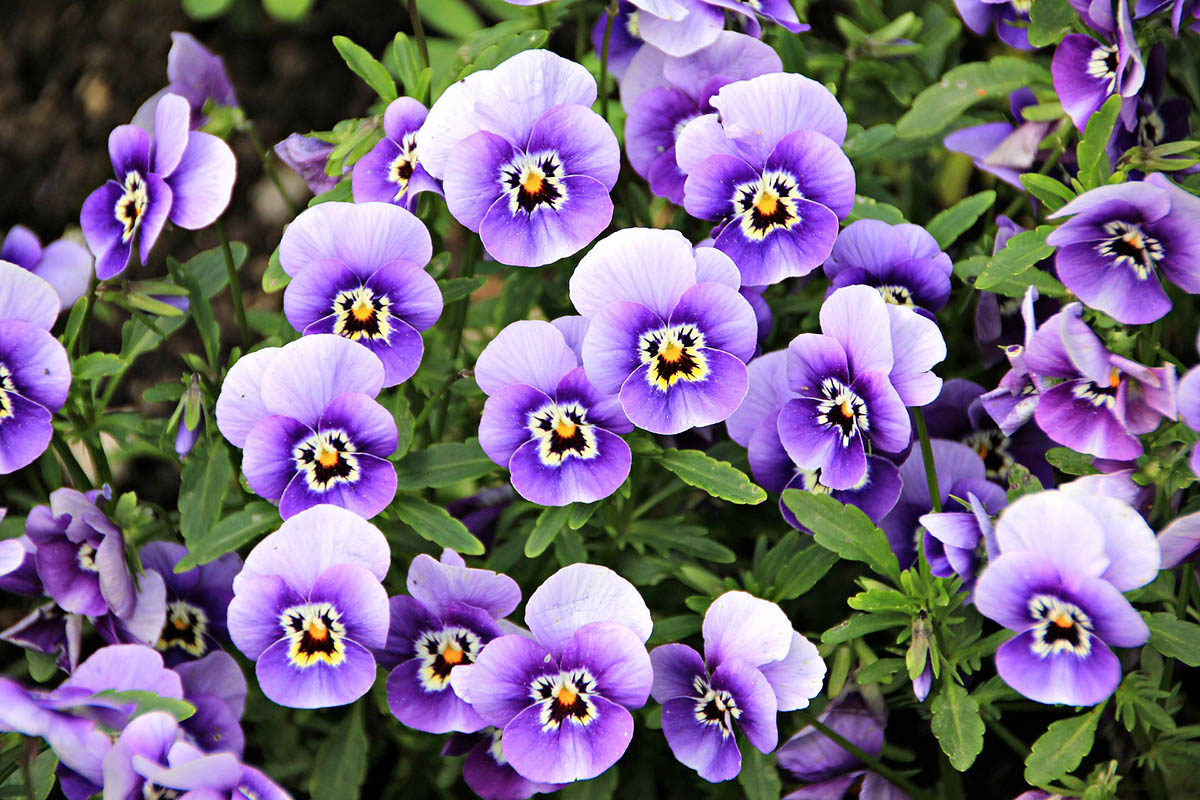
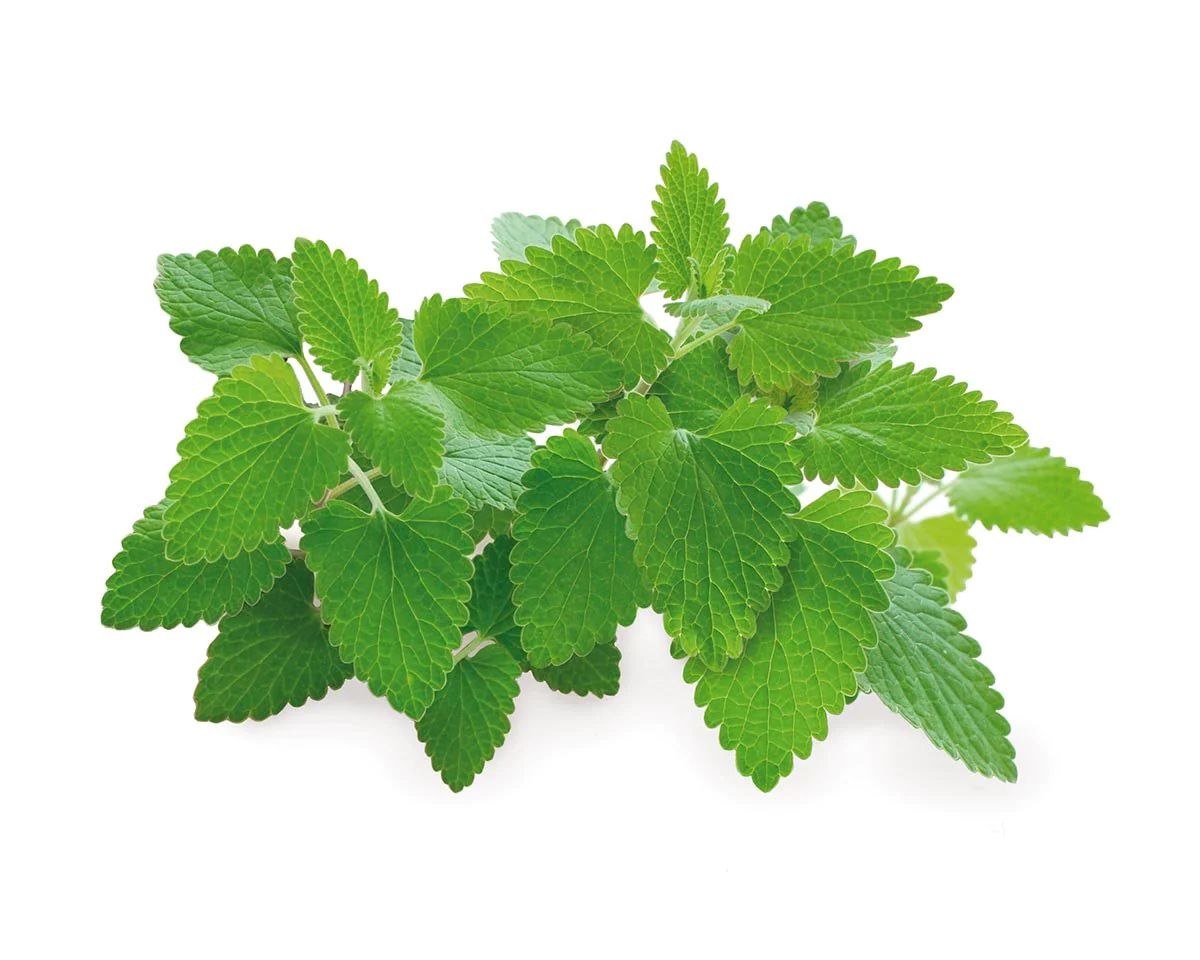
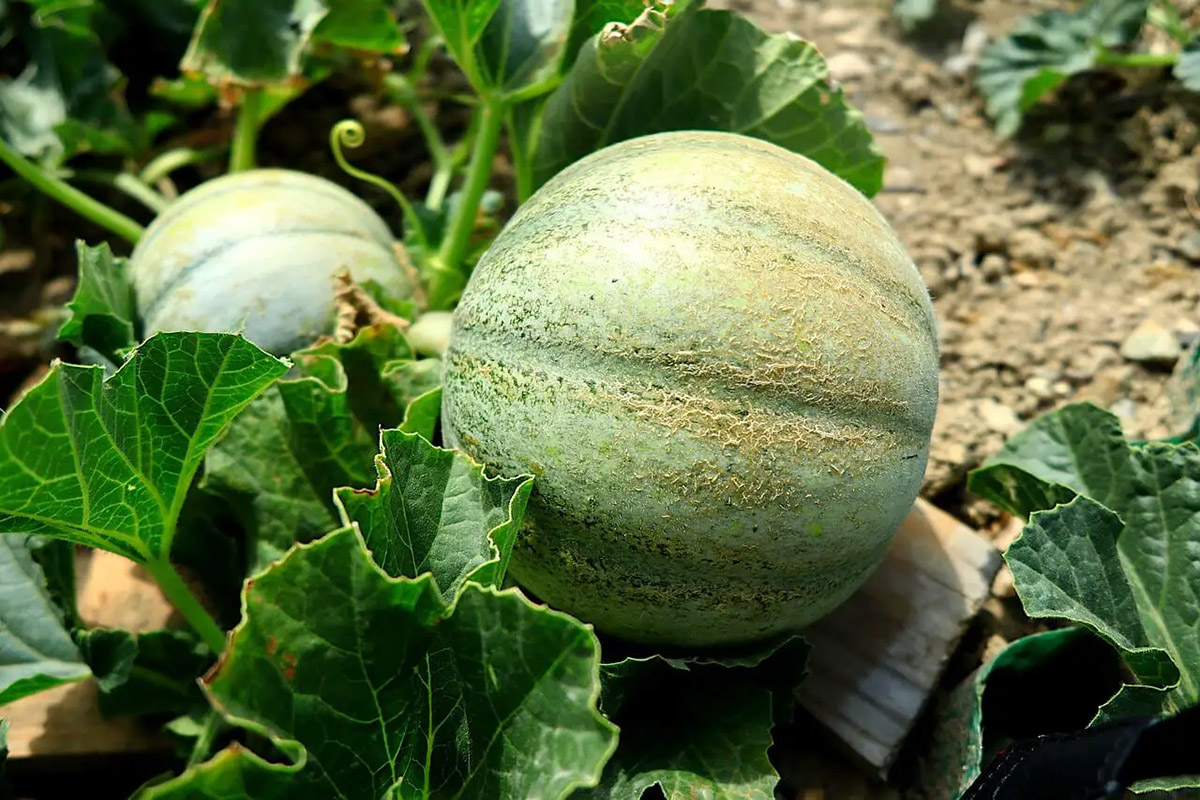
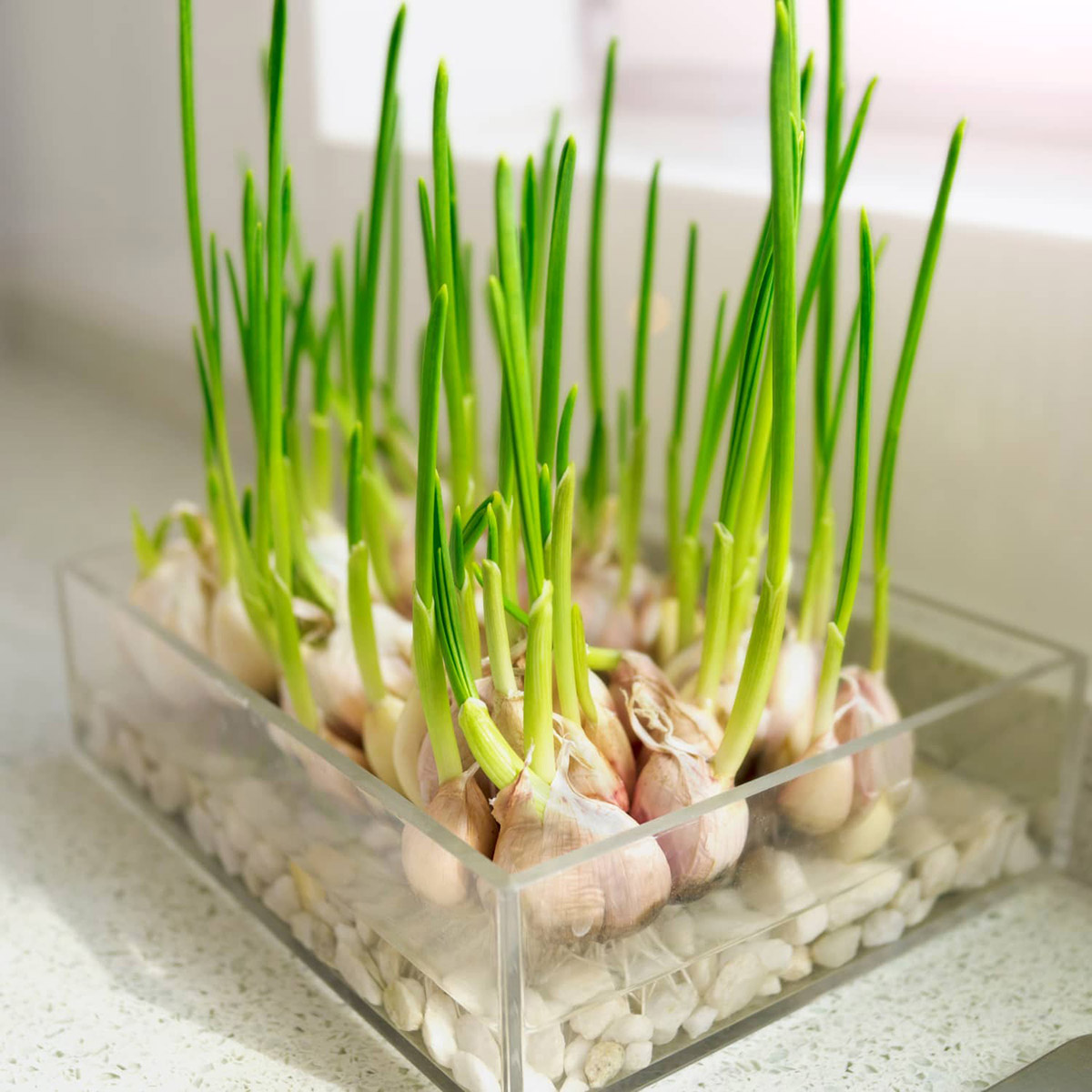

0 thoughts on “How Long Does It Take Clover To Germinate”